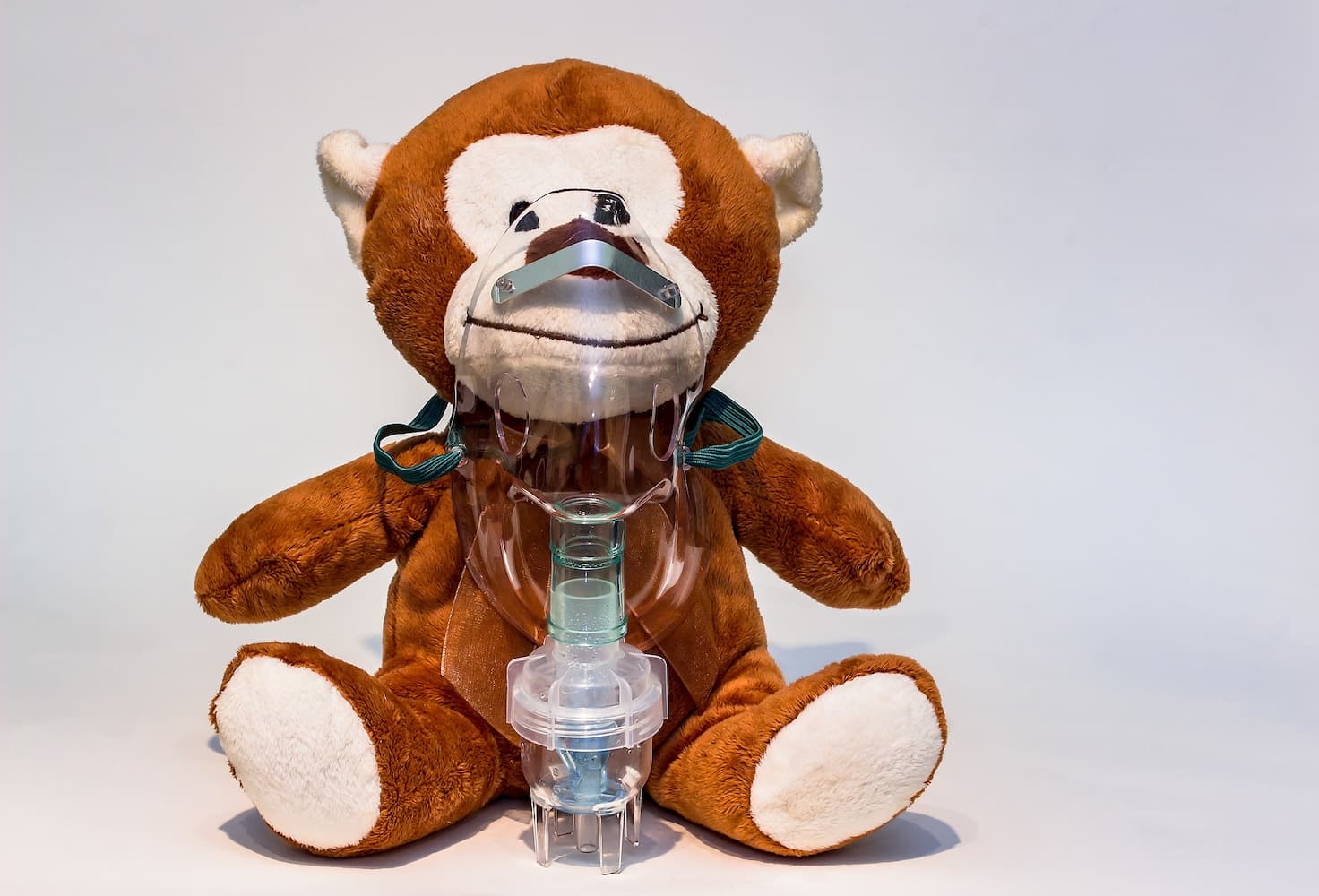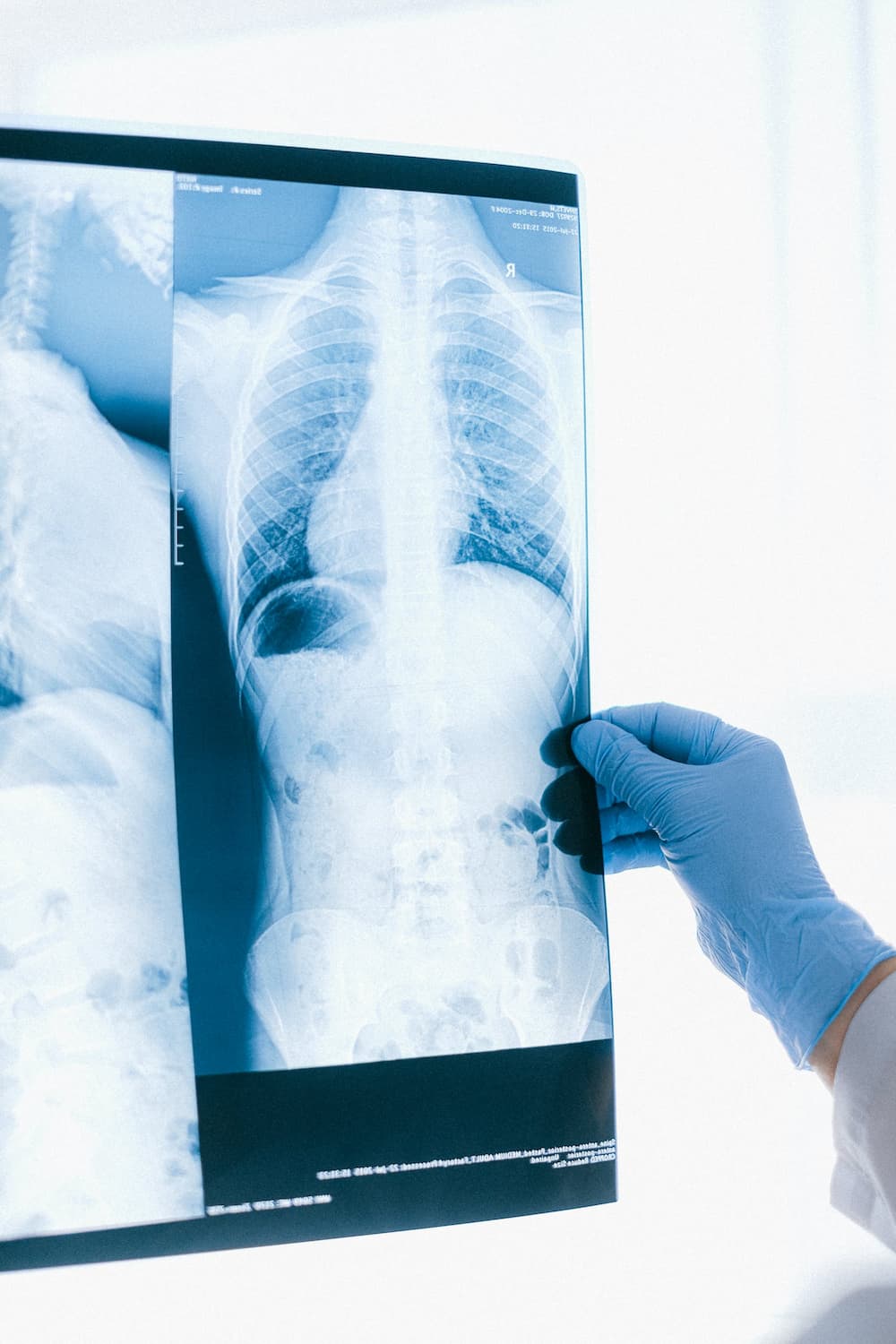
Wear a crazy hairstyle to school, or to your workplace, on Crazy Hair Day 2021, an annual fundraising event that aims to raise awareness and support research projects that can find a potential cure for cystic fibrosis. This year, the event will be held on the 29th of July, Thursday and, for a gold coin donation, you can take part in this momentous event and improve the quality of life for people who are suffering from the progressive genetic condition.
What is Cystic Fibrosis?
Cystic fibrosis is a genetic disease, which means it's not contagious and transmissible from person to person by aerosol or fluids. Both parents of an individual with cystic fibrosis have the faulty gene for the disease, which explains how the latter got it. The defective gene produces sticky mucus in the lungs, stickier than what normal, healthy lungs produce, hence clogging the airways and making breathing extremely difficult.
What are the Causes and Symptoms of Cystic Fibrosis?
To have cystic fibrosis, a person must inherit two copies of the defective cystic fibrosis transmembrane conductance regulator (CFTR) gene from their parents. If they inherit one normal copy of the CFTR gene and one copy of the faulty gene, that makes them a carrier of the disease. As a carrier, they do not manifest the symptoms of cystic fibrosis, but they can pass the defective gene on to their children.
A faulty gene has thousands of mutations which change or delete certain amounts of protein in the gene. This hampers the transport of chloride ions in and out of the cells in the body through the chloride channels, which regulate the flow of water in tissues for the buildup of mucus. This results in abnormal mucus production from the cells lining the lungs, digestive system and reproductive organs.

Thick mucus, clogged air passages and trapped bacteria in different organs of the body can lead to frequent lung infections or respiratory symptoms. Common cystic fibrosis symptoms include the following:
- Wheezing
- Persistent cough
- More salt in sweat
- Poor weight gain
- Rectal prolapse
- Sinus infections
- Difficulty with bowel movements
In the advanced stages of the disease, a person may experience joint pain and weakened muscles due to uncontrolled weight loss. They may also feel abdominal pain due to a blocked pancreas that prevents the body's digestive juices from absorbing healthy enzymes that are responsible for breaking down fats and proteins. Low blood pressure is also common among CF patients as a result of excessive loss of salt from their bodies.
Is Cystic Fibrosis Curable?
The goal of Crazy Hair Day 2021 and the ones to come in succeeding years is to find a definite cure for cystic fibrosis as it remains incurable to this day. However, there are many ways to alleviate its symptoms and better the lives of people who have long been suffering from the condition. The objective of a cystic fibrosis treatment plan is to improve lung function. It consists of airway clearance techniques and medications such as the following:
- Antibiotics
- Anti-inflammatory drugs
- Nebulisers and inhalers
- Enzymes
- Fat-soluble vitamins and other vitamin supplements
- Chest physiotherapy
Some people with cystic fibrosis may develop serious health conditions like liver disease, diabetes, inflammation of the pancreas or intestinal obstruction. Depending on the severity of symptoms, lung transplants, bowel surgery or liver transplant may be recommended by the doctor to avoid complications.
How Can Cystic Fibrosis be Prevented?

Once you have inherited the cystic fibrosis gene, it's either you manifest the symptoms of CF or pass it on to your child. If you have the condition, seeking proper medical care early on in life will make the symptoms easier to manage. If you don't have the condition but worry that your child might get it, it would be best for you and your partner to undergo genetic testing, or a carrier testing, before deciding to have children. Chest X-rays are also used in the diagnosis of cystic fibrosis and examination of the CFTR gene mutation.
A newborn screening program begins with getting a blood sample from the baby's heel to check if it has the chemical called immunoreactive trypsinogen, which is produced by the pancreas. If the baby tests negative for the chemical, it doesn't have cystic fibrosis but needs to undergo additional tests to confirm the results. In case the tests turn out positive, the baby's parents and physician will immediately discuss a treatment plan to prevent the disease from progressing.
If someone you love has cystic fibrosis, joining Crazy Hair Day 2021 will enlighten you on various treatment methods to ease their pain and make life more enjoyable for them.
|
Do you have a natural health & wellness business? |









